
Bedwetting is one of the most common medical conditions, which affects a large number of children everywhere around the world. It is characterized by urinary incontinence or involuntary passage of urine during the sleep and it is medically referred to as nocturnal enuresis. In order to define the nocturnal enuresis, one must be well aware that it can be applied only to children whose bladder control while they are awake is satisfactory.
There are two main types of enuresis – the primary enuresis and the secondary enuresis. The primary enuresis involves bedwetting ever since the infancy of a child while the secondary enuresis involves bedwetting in a child who has been continually dry for at least six months.
Primary bedwetting is commonly triggered because of the delayed maturation of the nervous system. Bedwetting at night usually affects boys much more than girls, while bedwetting during the day occurs in girls much more often than it does in the boys. It is also important to stress out that bedwetting at night can be considered as a hereditary medical condition so it can be passed on from parents to the child.
The basic problem in primary bedwetting is the child’s inability to recognize the signals that the nervous system sends when the bladder gets full. Another problem is that the bladder of a child still gets developed so it is significantly small. Some parents believe that primary bedwetting may be associated with some emotional factors, but no scientific data exists to support such beliefs.
Treatment Options
The best treatment option in most cases of bedwetting at night is just to let it resolve all on its own, despite all the anger and frustration that is present in most parents of children who suffer from enuresis. The treatment requires a lot of patience because it may affect the child’s self esteem. The patience part especially needs to be applied during the toilet training. Premature or wrong toilet training may also be one of the contributing factors in the development of enuresis.
One should always encourage the voiding prior to bedtime as it may decrease the risk of bedwetting. It is also of utmost importance to reduce the intake of fluids a couple of hours before going to bed. The mattress of the child’s bed needs to be covered with plastic. Bedwetting alarms may also be helpful to a certain extent in some cases. Bladder stretching exercises and certain types of medicaments can also be used in some cases.




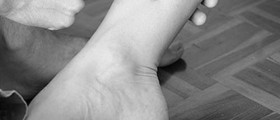


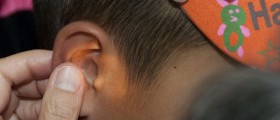


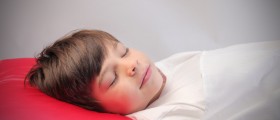

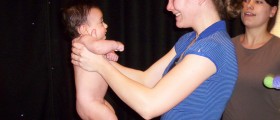
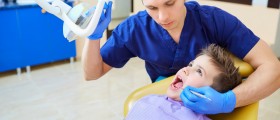


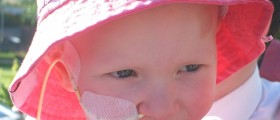
Your thoughts on this
Loading...